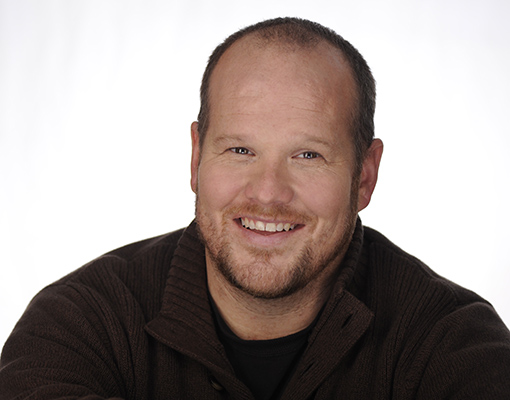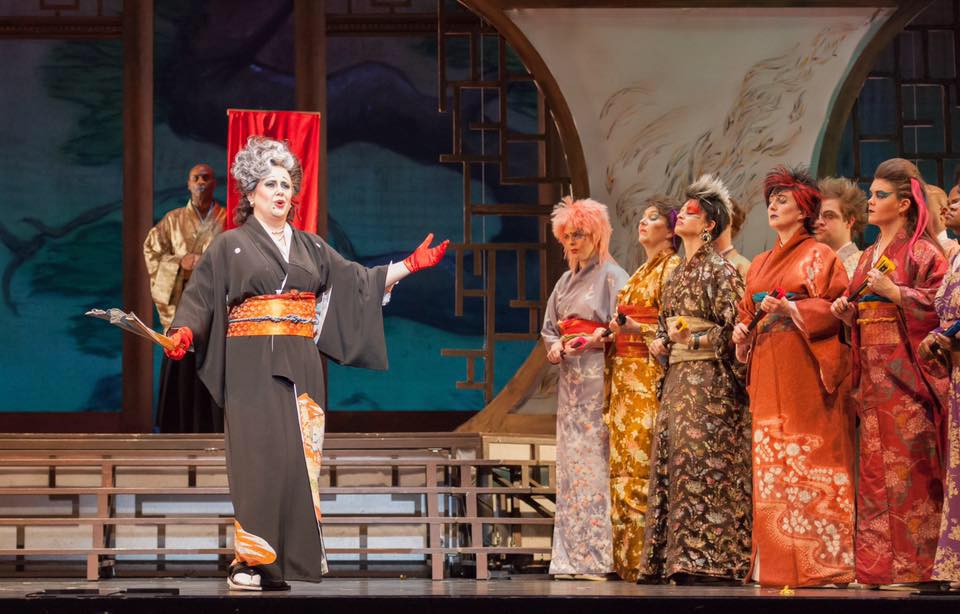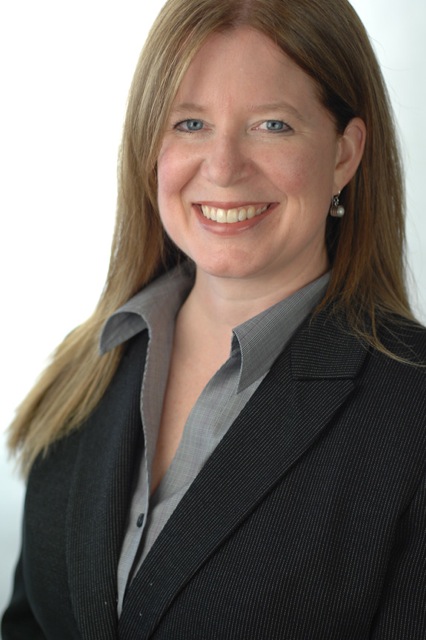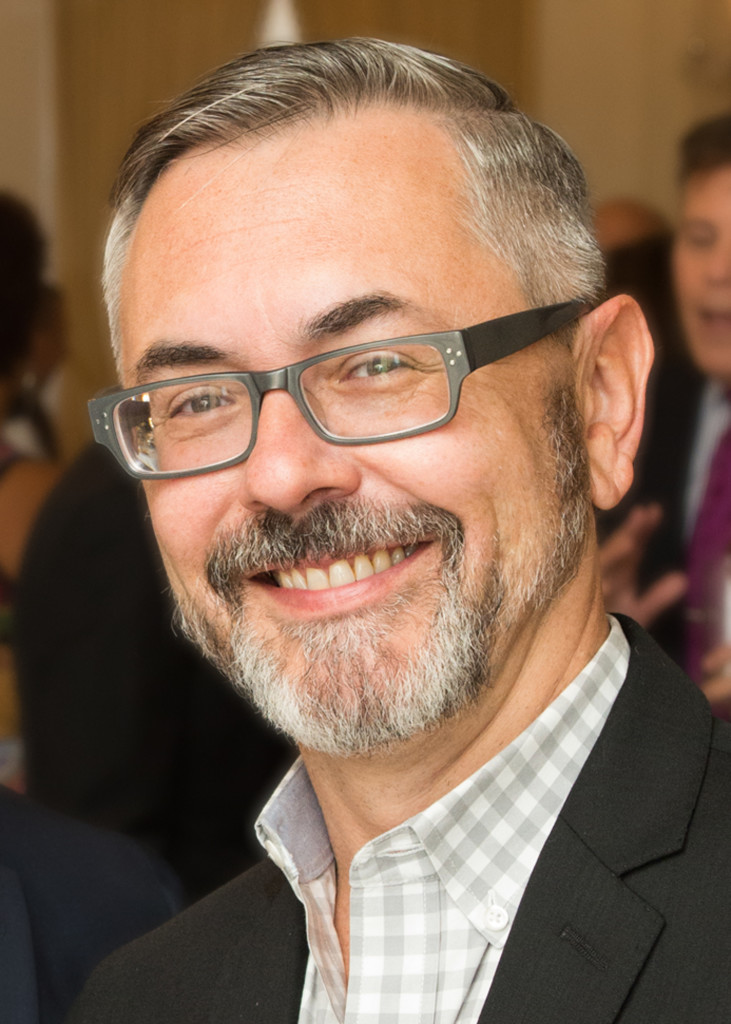Garrett Sorenson. Photo: Clinton Brandhagen
By Kathi E.B. Ellis
Entire contents are copyright © 2019 by Kathi E.B. Ellis. All rights reserved.
Louisville opera singer Garrett Sorenson is now the recipient of a Grammy Award – well, it will take 2-3 weeks for the actual trophy to be engraved and dispatched to him, but he was in LA last weekend to be part of the 61st Grammy Awards and go on stage with many of his production colleagues to accept the win for Mason Bates’ first opera The (R)evolution of Steve Jobs.
The opera premiered at Santa Fe Opera, where it had been workshopped, in the summer of 2017. It is a co-commission between Santa Fe Opera, Seattle Opera and San Francisco Opera. Sorenson is currently in rehearsals for the Seattle opening in March, and reprise the role of Steve Wozniak for the San Francisco production in the 2019-2020 season.
Sorenson has been part of the production since the workshop process, and even then he knew, “This has the kinda legs to go somewhere.” He attributes his gut sense to his involvement in new opera development; he’s been part of ten new operas to date. Even with just the piano reduction in the rehearsal studio, he says, “it was cool.” Bates’ music integrates electronica to the more expected orchestral world of opera. As a DJ of electronic dance music, Bates harmonic vocabulary is authentic in both genres.
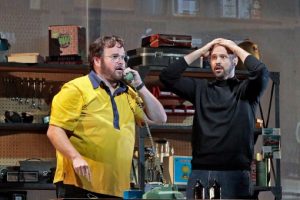
Garrett Sorenson & Edward Parks. Photo: Ken Howard for Santa Fe Opera.
There are other aspects of the opera that Sorenson believes will help propel it into a standard repertoire. It’s a one-act 90-minute production, which works for today’s audiences. It’s in English. Casting also took into consideration the physicality of the actual people in the story – a relatively recent development in a world in which the voice is paramount. In Sorenson’s case, he feels like he has a similar physique to Wozniak. And the fact that iPhones are ubiquitous means that there is a built-in mass market that might try this contemporary opera even if they don’t typically consider going to operas.
The one factor that may preclude the Jobs opera becoming producible at smaller regional companies is the integration of technology into production values – an irony of creating a contemporary opera about technology. The scenic design includes several large panels that look like iPhone screens. Their mobility is controlled with a laser tracker that also controls projections of what appears on the screens; a prohibitive cost for opera companies with smaller budgets than the three co-commissioners of the premiere. Nevertheless, Sorenson hopes that affordable regional production might be created. Meanwhile, he has dreams of the Met picking it up – or the opera-going international at Covent Garden or La Scala. After all, “everyone has an iPhone,” says Sorenson.
The Metropolitan Opera is where Sorenson began his career as a member of the Lindemann Young Artists Development Program, and he has returned there for numerous roles in the years since. He also has a long association with the Santa Fe Opera, since his apprenticeship with the company early in his career. His young son has also begun a relationship with Santa Fe, having played the non-singing role of the young Steve Jobs in the 2017 premiere.
With 84 categories for nominations, the televised ceremony is just the tip of the iceberg. The vast majority of the announcements happen in the Premiere Ceremony, which happens during the day of February 10, 2019, and was live streamed. Sorenson was one of four of the performers from the opera who were at the Premiere Ceremony for the announcement of winners in the categories in which they were nominated. Being part of the ceremony, and getting to see it from the inside, was a fun aspect of his experience; passing by the dressing rooms of the famous pop performers, seeing fashionistas at every turn, and the surprise appearance of Michelle Obama who, Sorenson says, got more applause than Dolly Parton!
It’s early days to know what the Grammy award will mean for Sorenson professionally, but he does hope that the news of the Grammy will mean that hometown folks will gain a sense of what his career is beyond Louisville. Sorenson has performed for many well-known opera companies here and abroad, he has an ongoing career as a concert soloist and, probably the most recognizable accolade is his role in the revival of Master Class with Tyne Daly as Maria Callas on Broadway and in the West End, a production that garnered a 2012 Tony nomination for Best Revival of a Play.
After last Sunday’s whirlwind experience, Sorenson admits, “Winning is way better.”
Kathi E.B. Ellis is an associate member of the Stage Directors and Choreographers Society and a member of Lincoln Center and DirectorsLabChicago. She has attended the La MaMa Directing Symposium in Umbria, Italy and is featured in Southern Artisty, an online registry of outstanding southern artists. Her directing work has been recognized with nominations for South Florida theatre’s Carbonell Award. Locally, Kathi is a member of Looking for Lilith Theatre Company, a founding principal of StageLab theatre training studio, and part of ShoeString Productions, an informal producing collective. She has written book reviews and articles for Southern Theatre, the quarterly publication of the Southeastern Theatre Conference, and was a contributing writer for JCPS’ textbook for the 11th grade Arts and Humanities survey course and for YouthArts Tapestry, a Kentucky Arts Council publication.
2019 Arts-Louisville/Broadway World Theatre Award Sponsorship provided by



